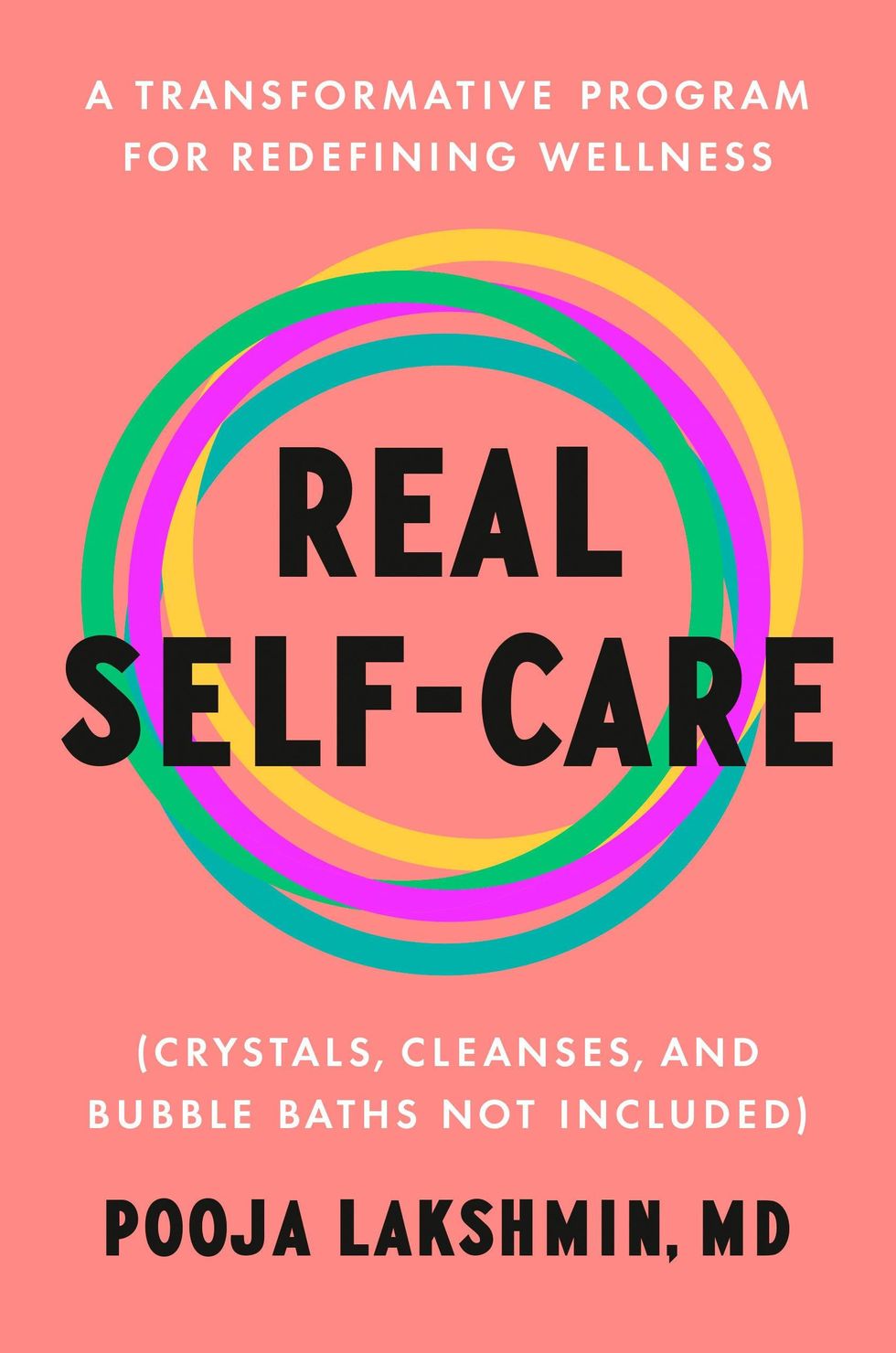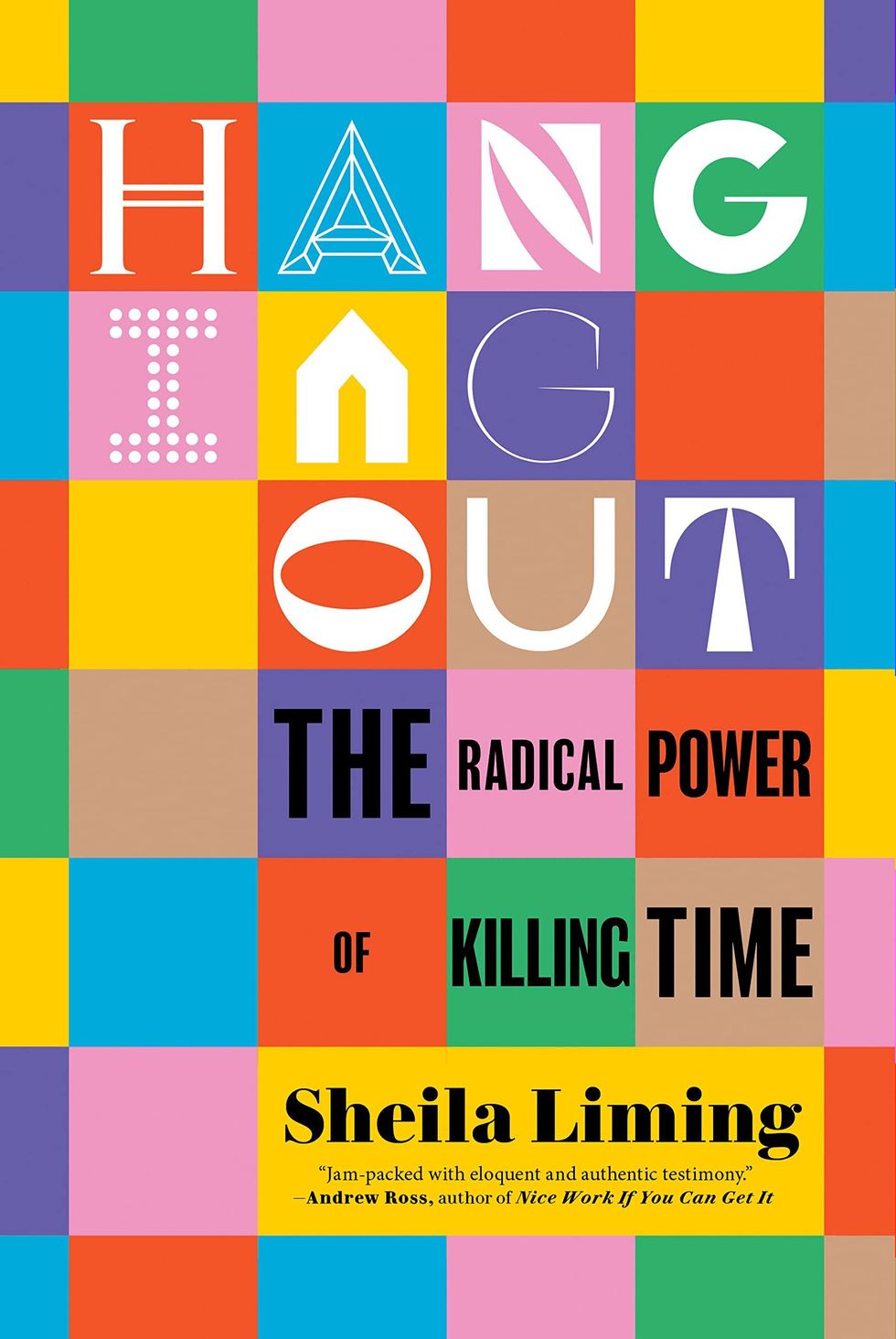
We live in a world that doesn't have any issue with leaving people in the dust. We work fast, drive fast, eat fast, and move fast, all so we can get to the next item on our agenda (which, spoiler alert, we also complete as quickly as we can). Instead of rushing your way through life, consider making a move toward slow living.
Slow living is all about taking your time so that you can actually enjoy the beautiful things and experiences around you as you go. Who wants to wake up one morning at 85 years old and the only memories you have are the to-do items you checked off your list anyway?
It's all about being intentional with the choices that you make, and spending your time more meaningfully. As someone who lives in one of the most fast-paced cities in the world, I understand if you're feeling hesitant. But even if you aren't ready to overhaul your life, there are a few practices from the slow life movement you can add to your day-to-day to fight burnout. It can be as small as following accounts like Girl in Calico or Slow Stories that encourage you to live intentionally, or buying a normal alarm clock so your phone is in another room overnight.
Recent trends like quiet quitting or how Marie Kondo isn't tidying anymore reveal how many people have realized that this crazy pace is really just running us into the ground. You're not a robot, so you shouldn't expect your body to go at a superhuman speed! It's vital to set up boundaries so that you are actually able to recharge. We talked to Danielle LaPorte, author of How To Be Loving and creator of the Heart Centered Membership, and Dr. Beth Pausic, Director of Behavioral Health at Hims & Hers, about different ways we can implement intentionality into our daily lives, and how it can benefit our minds and our bodies.
As we get older and busier, it can be tempting to speed up your life to make room for absolutely everything that comes your way. In reality, we should be doing the opposite. "Most of our personal growth is a lesson in learning to slow down. In our productivity-obsessed societies, slowing down is a revolution," says LaPorte.
"Our psyche and bodies are aching for stillness. But the very concept of slowing down can make us panicky," she continues. "The absence of distractions can make us feel vulnerable, exposed to the whims of our emotions (I'm steady! I'm falling apart! I want the city vibe! I want a 'do not disturb' sign for my entire life!)."
Even though forcing yourself to rest can leave you feeling overwhelmed by thoughts and emotions at the beginning, it's actually beneficial for your mind to process everything that has happened over the day. It'll get easier as you get the hang of it, and will help regulate your emotions and improve your focus.
"Feeling constantly rushed will lead to increased stress," says Pausic. "There are numerous impacts that stress can have on our health, both physical and mental. It isn’t sustainable for our mind and body to remain in this state for long periods of time and you will notice the impact." Slowing down and reducing your stress can improve your sleep, decrease anxiety and irritability, and even give you a stronger immune system and improved digestion.

It's fun to discuss the benefits of stillness, but actually putting the lifestyle into practice is easier said than done. After all, it's hard to slow down when you're used to going 100 miles per hour! We've definitely come off a busy week, or even a busy afternoon, and barely been able to sit still.
"Slowing down is about sequencing. It’s not about grinding to a halt or dropping out of your career ambitions (though I highly recommend sabbaticals and radical change.) It’s about when you create stillness," says LaPorte. Make room for these moments in your everyday, like always taking a 10:30 am break for coffee, or implementing a hard stop at the same time every day of your work week.
LaPorte also recommends what she calls a 'stillness sandwich.' "It’s like this: be still in the beginning, rock ’n’ roll in the middle, and be still at the end," she says. At the beginning of anything you do (whether it's the day or a relationship), give yourself time to be still instead of jumping right into your agenda. Since your brain is a blank slate in the morning, LaPorte says it's best to not check your phone, but instead take part in rituals like breath work or gratitude journaling.
"Then, toward the end (of the day, of the project,.. or of a relationship), wrap with active stillness. Think about what you learned that day, where you felt expanded, where you felt contracted. Be still," she says.
Use your cozy night routine to let your mind wander or to practice box breathing (inhale, hold, exhale, and hold for four counts each). Being present, intentional, and grateful can help you focus on what you have instead of always working toward the next big thing. How much of your life right now did you work, pray, or wish for? Were you aware of that fact when you received it, or did you immediately shift to wanting something new?
Letting your brain and soul move slowly can also help you be more aware of the people around you so that you can be a better friend or family member to them. Let's get into some specific areas in which you can practice slow living (plus some book recs from the B+C team):
Real Self-Care

Hanging Out

The Ruthless Elimination of Hurry

Work

It might seem counterintuitive, but slowing down can actually improve your workflow. Think of it like charging your phone. If you don't let your phone get all the way to 100%, it will die a lot faster, so giving your brain time to rest will mean that it will work better tomorrow.
"Most times, feeling overwhelmed is a combination of the reality of a hefty workload coupled with time management," says Pausic. "Be mindful about how you are spending your time at work. Be aware of how you are adding to your own stress...Understand that every priority is not a priority. Take some time to figure out what is really important to accomplish first."
Know what your limits are and plan your days and your weeks with those boundaries in mind. You have to protect your time ahead of time so that you don't end up regretting all your commitments retroactively. As far as work itself goes, a clearer focus will help you get your checklist done better and faster.
How Can I Try This?
Set aside time dedicated to only checking emails, take a full lunch break, or give yourself enough time to relax before a meeting. "Plan ahead if you are meeting someone or have an appointment so that you arrive a bit early," Pausic says. "Enjoy not feeling rushed and stressed from being late."
Mornings

Not everyone is a morning person, but giving yourself enough time to actually enjoy your mornings before launching into work will make your day more enjoyable.
"The idea behind an earlier wake up time is so that you don’t feel rushed," says Pausic. "You don’t want to use that time to add in more to do’s. To preserve that extra time as yours, try and prepare what you can the day or evening before. For example, have your outfit picked out or have your bag ready by the door. Use your morning time for self-care, setting your intentions for the day or simply doing nothing."
'Nothing' definitely includes staying off your phone as long as possible. "The mind is very impressionable when we first wake up," says LaPorte. "It's a blank slate, which is why it's best to not check your phone first thing — you are literally programming your brain to fire fire fire on social media's high speed dopamine race." No thanks.
How Can I Try This?
Make a full breakfast and enjoy it sans Netflix, go on a nice walk, or stretch before sitting down at your desk. Wait until you start work to check your phone, or buy a regular alarm clock so that you can keep your phone in the next room all night long.
Time Off

We've all come off a vacation feeling just as tired as we were at the beginning...right? It can feel like we're programmed to rest on vacay, but it is definitely another time where you really have to protect your boundaries and figure out what rest looks like for you.
According to Pausic, the key is an intentional schedule. "Look at ways to block times for either minimal or relaxing activity. Time permitting, set aside the last day of vacation to do the least amount of running around. Having a day to decompress before you return can help with the fatigue of an otherwise busy holiday."
The common thread between every ideal vacation is making sure you don't overbook yourself, and giving yourself permission to do nothing if that's what you need. Somewhere along the lines we decided that doing nothing was harmful instead of beneficial, and that's just not the case, especially when you're overworked.
How Can I Try This?
The most important thing that you can do is tailor your vacation based on what you know you need. If you are short on sleep and need a physically restful vacation, sleep in everyday. If your brain needs a break, spend all day walking around town or going to an art museum, and if you need to rest your hands, engage your mind with a personal growth book or some creative writing prompts.
Self-Care

A variety of the elements that make up slow living can also be found in self-care, which means that you can engage in both at the same time! Mindfulness, self-awareness, and relaxation are all key ingredients to our favorite kinds of self-care days. "Be aware of small things throughout the day," Pausic says. "What is your first taste of morning coffee like? Notice the light during the winter afternoon or other seasonal changes."
Giving your brain the space it needs to create original thoughts and work through emotions can help you zero in on the areas of your life that need a little TLC.
"The first rule of self-care is to actually do something that is self-care!" says Pausic. Scrolling through Instagram or filling your free time with to-dos won't make you feel anymore rested.
"Self-care activities should be something relatively healthy that you enjoy and makes you feel good," she continues. "Only you can define that for yourself. If you want to set up a regular practice for self-care, then you have to be mindful about setting time aside to do those things. Don’t think of it as an indulgence, but as something to be incorporated into your routine that will benefit your well-being and make it easier to deal with things when they do get overwhelming."
How Can I Try This?
Spend time on an activity that allows you to set the pace but also engages your mind and your hands, like crafting the perfect iced coffee or doing a puzzle.
Subscribe to our email newsletter for the latest health and wellness content, and check out our interview with Erin Loechner to learn more about slow living.
Brit + Co may at times use affiliate links to promote products sold by others, but always offers genuine editorial recommendations.
Featured image via Brock Wegner/Unsplash
0 Commentaires